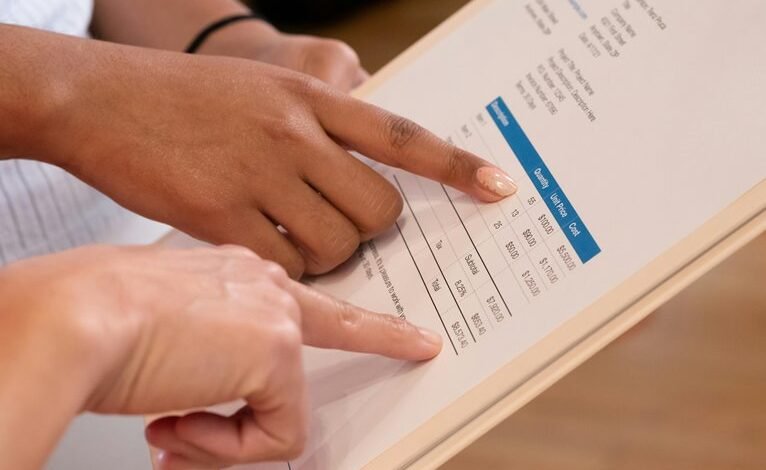Get Details on Suspicious Calls From 4806084010, 4172567169, 8049793846, 7328256819, 3607250377, 7252934853

The numbers 4806084010, 4172567169, 8049793846, 7328256819, 3607250377, and 7252934853 have surfaced in reports as potentially linked to dubious activities. Their patterns suggest a reliance on deceptive strategies such as Caller ID spoofing. These tactics raise questions about who is behind these calls and what information they aim to extract. Understanding the nature of these suspicious communications may reveal crucial insights into safeguarding personal information. What practices can individuals adopt to combat these threats?
Overview of the Reported Numbers
As reports of suspicious calls continue to rise, an analysis of the numbers reveals patterns that warrant closer examination.
Caller identification data indicates recurring suspicious patterns among identified numbers, suggesting organized efforts behind these communications.
Common Scams and Telemarketing Tactics
Patterns identified in suspicious calls often coincide with prevalent scams and telemarketing tactics that exploit vulnerabilities.
Fraud tactics frequently involve manipulating Caller ID to present a trustworthy appearance, luring victims into divulging personal information.
Additionally, aggressive sales pitches and urgent demands for action are common, fostering a sense of fear or urgency that can overwhelm individuals, making them more susceptible to deceit.
How to Protect Yourself From Suspicious Calls
A growing number of individuals are seeking effective strategies to safeguard themselves from suspicious calls that may lead to scams.
Employing call blocking features on mobile devices can significantly enhance personal privacy, preventing unwanted intrusions.
Furthermore, educating oneself about common tactics used by scammers fosters vigilance, empowering individuals to recognize and ignore suspicious communications, thus preserving their freedom from potential exploitation.
Conclusion
In conclusion, the prevalence of suspicious calls from numbers like 4806084010 and others raises significant concerns about personal security. Notably, the Federal Trade Commission reported that in 2020 alone, over 2.9 million complaints were filed regarding unwanted calls, highlighting the widespread nature of this issue. As these manipulative tactics become increasingly sophisticated, individuals must remain vigilant and informed to safeguard their privacy and thwart potential scams. How many more unsuspecting victims will these tactics ensnare before awareness prevails?





